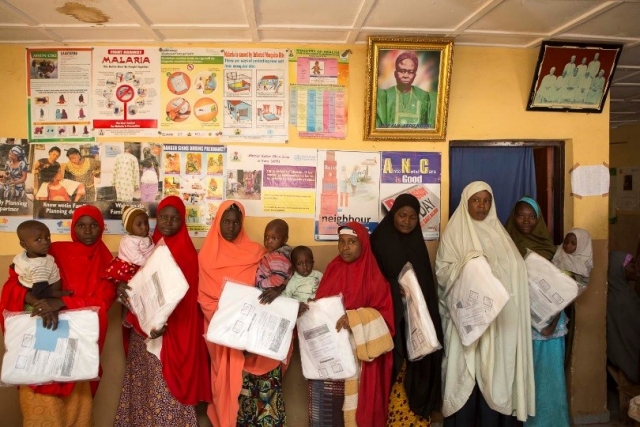Health
Nigeria Loses $1.1bn Annually to Malaria Crisis, Says Minister

The Nigerian Minister of Health reveals the country loses $1.1 billion yearly to the malaria crisis, emphasizing the urgent need for intensified prevention and treatment efforts.
The Federal Government has pledged to eradicate malaria after the health crisis resulted in an annual loss of $1.1 billion.
Prof. Muhammad Ali Pate, the Coordinating Minister for Health and Social Welfare, announced this at the inaugural meeting of the Advisory on Malaria Elimination in Nigeria (AMEN), which took place in Abuja.
He portrayed malaria as not merely a health crisis, but also an economic and developmental emergency that must be eradicated.
In his comments, the Coordinating Minister affirmed that the federal government is determined to eradicate malaria.
He noted that establishing an advisory body is a bold and decisive move to tackle and resolve a complex issue that has hindered the country’s health and economic growth.
He stated that malaria still imposes an unacceptably high toll on Nigeria. With 27% of global malaria cases and 31% of the worldwide deaths attributed to this disease, our country carries the heaviest burden. In 2022 alone, over 180,000 Nigerian children under five succumbed to malaria—a tragedy we have the means to prevent.
Regarding its economic impact, the Coordinating Minister strongly stated: “This goes beyond a health crisis; it is an economic and developmental emergency. Malaria decreases productivity, raises out-of-pocket healthcare expenses, and exacerbates poverty-related challenges. Nigeria loses more than $1.1 billion annually in GDP due to malaria—a clear indication of the urgent need for elimination from an economic standpoint.”
Professor Pate emphasized that eliminating malaria is a crucial part of the Nigeria Health Sector Renewal Investment Initiative (NHSRII) framework, which aims to transform the nation’s health sector in accordance with the current administration’s Renewed Hope Agenda.
Recognizing the urgency of the task outlined in the National Malaria Strategic Plan 2021-2025, which aims to reduce malaria prevalence to below 10 percent and cut malaria-related mortality by half—50 deaths per 1,000 live births—the Coordinating Minister emphasized the crucial role that traditional and religious leaders play in fostering grassroots support and influencing behavioral change.
He emphasized that this advocacy approach will complement AMEN in promoting the use of insecticide-treated nets, chemoprevention, and vaccines.
Earlier, Dr. Iziaq Salako, the Minister of State for Health and Social Welfare, confirmed that the Advisory body comprises a group of experts who will offer evidence-based guidance to assist in significantly reducing Nigeria’s unacceptable malaria burden and setting us on a practical path toward achieving a malaria-free nation.
Dr. Salako added that our success depends on effectively harnessing and coordinating the efforts of the private sector, international partners, healthcare workers, and the communities we serve.
In her welcome address, the Permanent Secretary Daju Kachollom, represented by Dr. Chukwuma Anyaike, Director of the Public Health Department at the Ministry, expressed that the current administration’s renewed commitment has revitalized efforts to eradicate the disease.
It is important to note that the Advisory on Malaria Elimination in Nigeria (AMEN) consists of internationally recognized experts led by Prof. Rose Leke. Their mission involves advancing evidence-based solutions to address current challenges, prioritizing malaria elimination in government budgets and plans at all levels, and establishing accountability frameworks for sustained progress.
